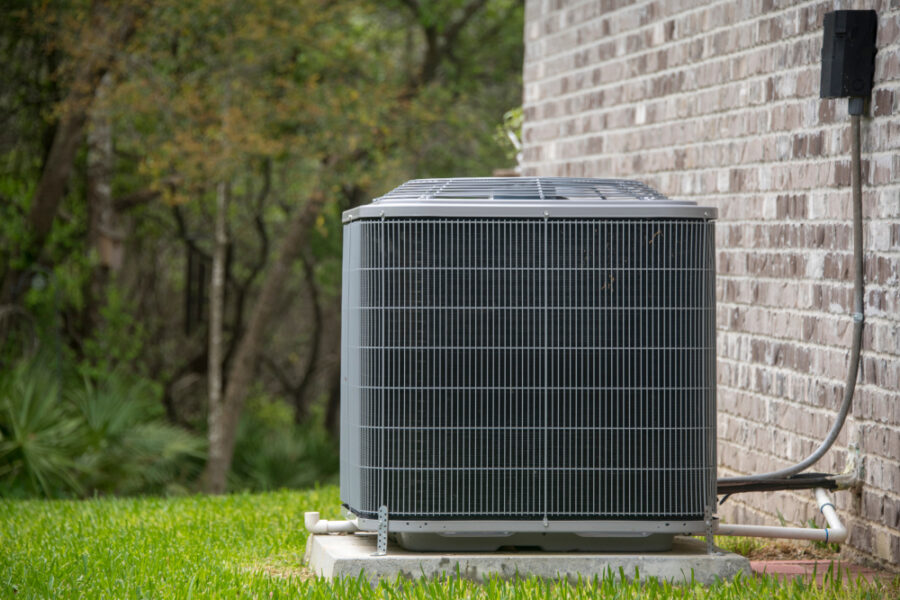Heat pumps are a great idea, but choosing the right one can be more complicated than going to home depot and buying whatever is on sale. A good contractor should be able to help you make the best decisions for your home, including taking advantage of available rebates and incentives.
Know Your Needs
Heat pumps are rated by how much air they can move in an hour, usually expressed in Btu per hour or “tons.” Experts generally agree on a rule of thumb of about 1 ton for every 500 square feet of living space.
The size of your home and its insulation can affect a size estimate. Better insulation keeps temperatures steady and might allow you to use a smaller unit.
You can find out the approximate square footage of your home from closing documents or property records. Ask a contractor to do a load calculation using a recognized method like ACAA manual J, and ensure the calculations factor in any energy-efficiency upgrades you’re considering. Also, ask about programmable or Wi-Fi thermostats to help you manage your energy use.
Consider Your Budget
A heat pump Ottawa may have higher upfront costs than a conventional furnace. With this two-in-one option, you can reduce your household’s carbon footprint while saving energy and money.
The size of your house helps determine what heat pump to choose. The square footage can be found on closing documents, property records, and utility bills.
The quality and amount of insulation in your house are essential factors for a heat pump. Homes with high ceilings require a larger heat pump because hot air naturally rises. You may be eligible for local government and utility subsidies to lower installation costs.
Consider Your Home’s Architecture
Air conditioning capacity is typically based on square footage, and experts recommend getting one ton of cooling (equivalent to 12,000 Btu) for every 500 square feet of living space in your home. However, other factors can affect the size of the heat pump you need for your house. For instance, homes with poor ductwork (due to holes or inefficient connections) require larger heat pumps than those with well-sealed and insulated ducts. If you’re replacing an existing forced-air system, opt for a split-system style that accommodates the indoor and outdoor components, or investigate ductless mini-split styles to keep your home’s baseboard heaters or radiators.
Consider Your Environment
Heat pumps are more efficient than combustion systems because they don’t waste energy burning fossil fuel. This efficiency translates to lower utility bills.
Size is a crucial consideration when choosing the best heat pump. Square footage estimates are good starting points, but other factors should be considered to assess your system requirements properly. For example, houses with vaulted or cathedral ceilings require a larger heat pump than houses with flat ceilings because hot air rises more rapidly in these homes.
Look for high SEER and HSPF ratings measuring cooling and heating capacity efficiency. Better ratings cost more upfront but can pay for themselves over time in lower energy costs and rebate eligibility. You can also consider programmable or Wi-Fi thermostats for your home’s new heat pump system.
More Stuff For Your Inspiration:
- No Related Posts
Related posts
Categories
- Around The World (369)
- Business (57)
- Education (9)
- Home Improvement (23)
- Humor (191)
- Inspiration (512)
- Lifestyle (21)
- Motivation (2)
- News (31)
- Photo of the Day (257)
- Photography (105)
- Technology (61)
- Travel (8)



